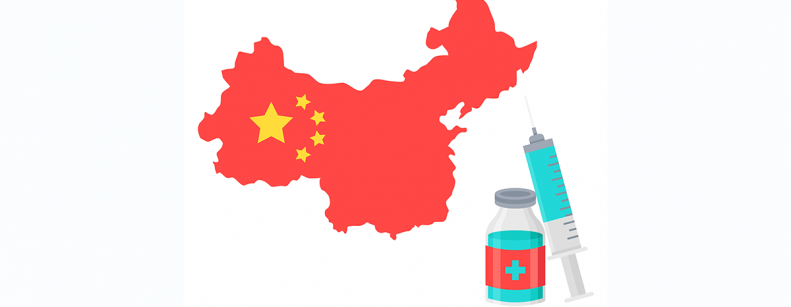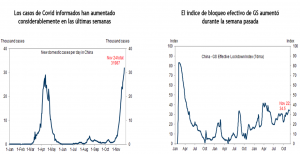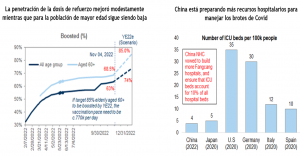
Daily new cases of Covid-19 continue to increase in China, surpassing the peak during the Shanghai shutdown earlier this year. The number of cities affected by Covid outbreaks is also increasing.. Local governments are struggling to quickly balance controlling the spread of the virus and obeying central government measures, which call for a more targeted approach.
The central government may soon have to choose between more blockades and more Covid outbreaks.. In this regard, recent signals from policymakers suggest that they have been leaning more towards the latter and are now focused on optimizing Covid control policies and have begun the work of preparing for further relaxation of control policies in the future and eventual reopening.
China's top official in charge of fighting Covid-19 noted this week that the country's efforts to combat the virus are entering a new phase as the omicron variant weakens and more Chinese get vaccinated, which could indicate that Beijing may be trying to ease its strategy.
Specifically, measures to expand medical capacity, promote medical campaigns and improve supply chain security are worth highlighting:
Two final questions
Does all this mean that China will totally abandon its zero Covid strategy? The answer is no. The zero Covid policy will likely remain in place through the winter and until after the Chinese New Year.
Does all this mean a big pickup in China-associated growth? There are still downside risks to near-term growth, with several major cities reporting a sharp rise in Covid cases, making growth unlikely to exceed 3.0% this year, but if China gives up its zero Covid policies, the country should be able to return to a growth rate closer to its 5% to 6% potential, that's without a potential recession in the rest of the world in 2023, of course.

